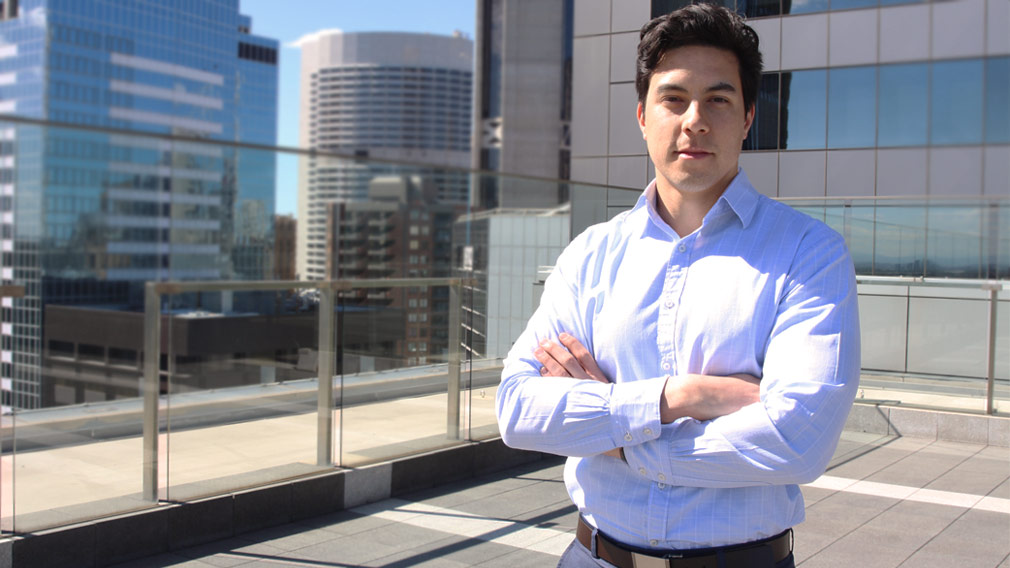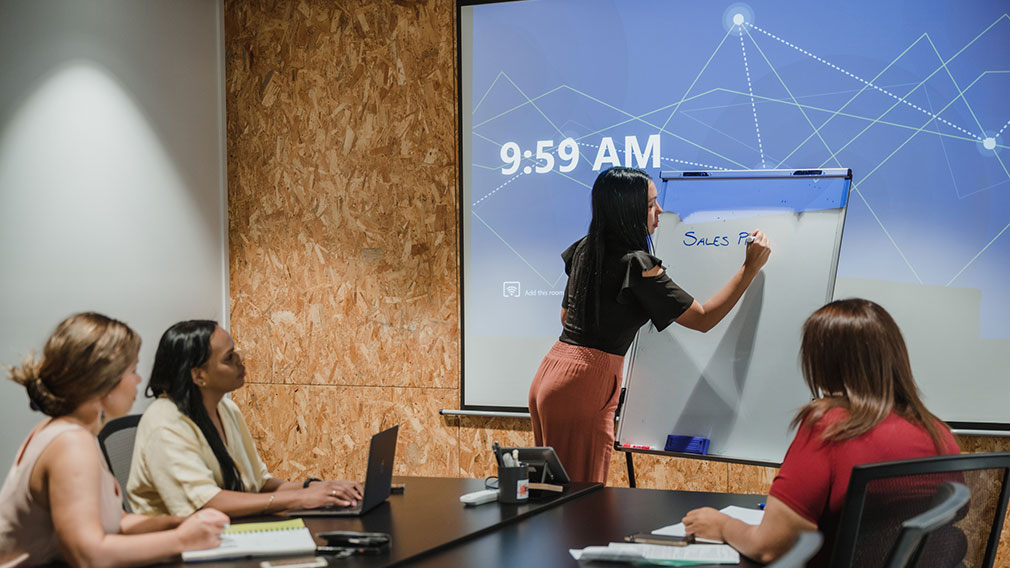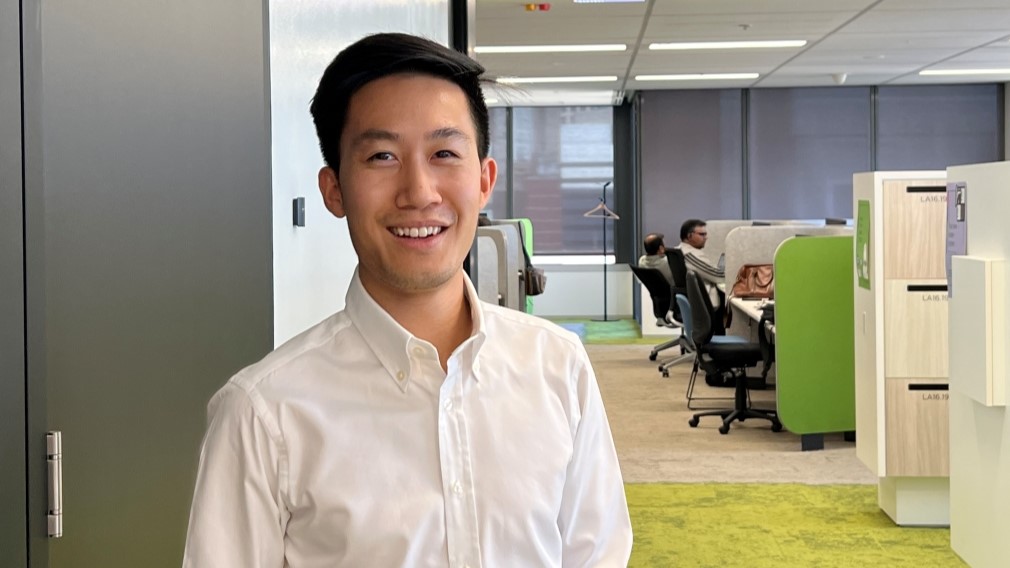Progress in veterans’ fight for work after service

Ex-army officer Lee Murray says momentum is growing in the private sector to help overcome barriers to post-military careers. (Emma Foster)
For Lee Murray, too many fellow former soldiers don’t realise that a lack of direct industry experience is not always a deal-breaker to getting a job when they step back from military service.
“Veterans, like myself, don’t fully realise what they have to offer, and that perhaps industry experience isn't a complete ‘yes’ or ‘no’ criteria,” he said this week, ahead of an update to the Prime Minister today on a major initiative to assist defence force veterans find work.
“Hiring managers also tend to put a lot of weight on industry experience. It's about trying to change these perceptions and looking more broadly at what veterans have to offer.”
Murray, who spent almost 12 years in the Australian Defence Force before moving into the corporate sector at Westpac, says defence personnel acquire an extensive range of skills, abilities and behaviours through their military service and training that make them valuable employees for businesses in many industries. These included “robust leadership, resilience, strategic planning and the ability to operate in complex environments”.
“It's also about being able to translate those experiences. Any big organisation has a certain language. It’s sometimes difficult for veterans to translate their skills into language that civilian employers understand,” said Murray, a former army officer.
Alert to the challenges faced by veterans that have served the nation, parts of the private sector and the government are increasing efforts to help defence force veterans find jobs, through the Industry Advisory Committee on Veterans Employment’s which provided a progress update to the Prime Minister today.
The committee’s priority areas include capturing reliable data on the employment profile of veterans, raising awareness of the value that former ADF members offer to Australian businesses, increasing employment opportunities, and improving the transition process and wellbeing of ex-service people. Today, the Prime Minister launched the committee’s new national awards program to recognise those businesses excelling in veteran recruitment and retention.
In the United States, the Veteran Jobs Mission initiative began in 2011 with 11 companies and a goal of hiring 100,000 veterans by 2020. It has grown to 235 companies, including JPMorgan and Cisco, and already hired 383,822 veterans on the way to its updated goal of 1 million by 2020.
George Frazis, chief executive of Westpac’s consumer bank and chairman of the committee, said it had made positive progress towards addressing barriers to employment faced by former ADF personnel, noting that more businesses had started to set up specific programs to assist veteran recruitment.
“The challenge is ensuring that businesses interested in employing veterans are able to attract veterans and have programs in place that support those employees as they adjust to civilian workplaces,” said Mr Frazis, a former Royal Australian Air Force officer.
The committee, announced in November last year, was set up to look at new ways for businesses to increase employment opportunities for the 450,000 army, navy or air force veterans in Australia, a number that is growing by around 5200 personnel each year.
As the veteran population grows, the level of unemployment – and underemployment, where veterans want more work than they have – is receiving greater attention. While official unemployment data is scant, barriers to employment was recently noted by a Senate inquiry into suicide by veterans.
Mr Frazis said around 1.3 per cent of Westpac’s employee population consisted of veterans, or spouses of active ADF personnel, and the bank had introduced a number of initiatives to support these employees. This included revising HR policies, appointing a dedicated recruitment specialist to support veterans throughout the hiring process and at six-monthly check-ins, and establishing an internal “veterans employee action group”.
Mr Murray, who joined Westpac to help implement the bank’s veterans’ employment initiatives, said the employee action group was an internal network of veterans, reservists and partners of current serving ADF members, who help to mentor and support new starters in commencing their careers at Westpac.
New employees are assigned a military and a non-military buddy to work closely with the new employee to help a successful transition. “We get an understanding of what each person’s background is and we can match them up – whether it be that they served in the same service or around the same time.”




